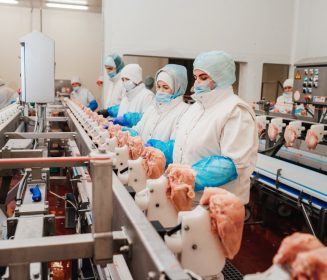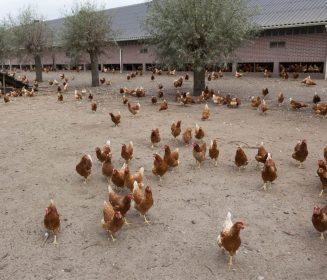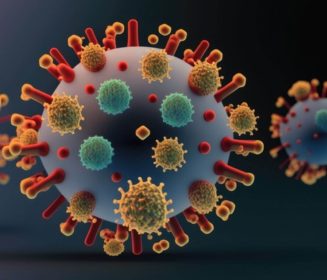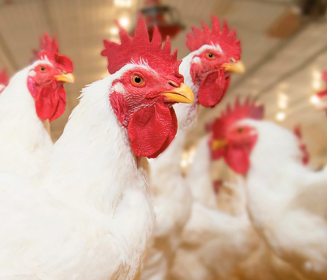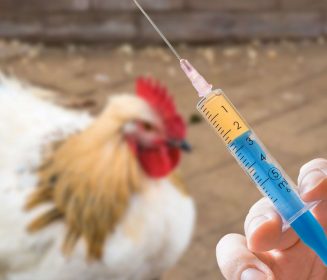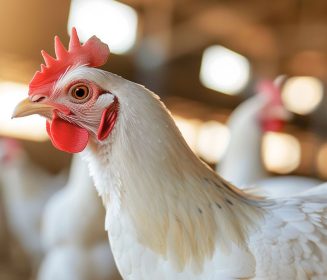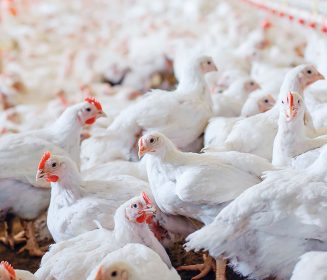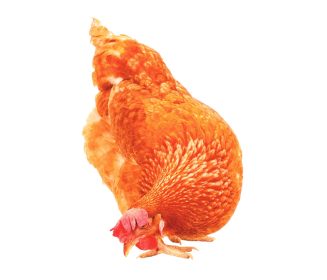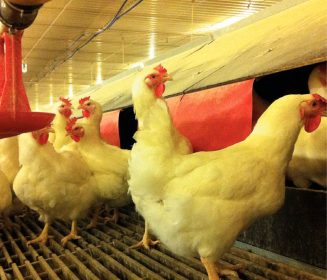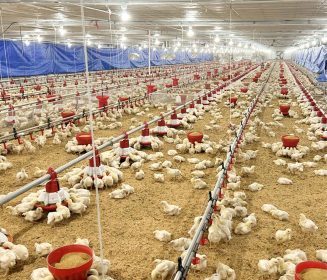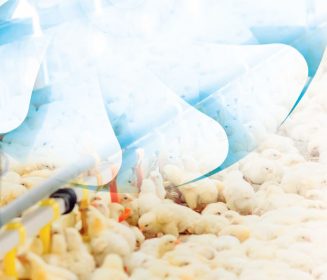Salmonella infected eggs on Australian market shelves
At least three people have come down with salmonella poisoning after purchasing eggs from a popular supermarket. It is believed […]
At least three people have come down with salmonella poisoning after purchasing eggs from a popular supermarket.
It is believed that the incidence occurred after purchasing potentially contaminated eggs from a Melbourne suburb of Werribee.
The Weekly Times reported the eggs were supplied from farms in New South Wales (NSW).
However, a spokesman for the NSW Department of Primary Industries (DPI) has brushed off those claims, stating that there are no concrete evidences that support them, and the illnesses might not even be related to the eggs to begin with.
The spokesman also added that "The matter is an active investigation being undertaken by Victorian authorities, and there are no current recalls of eggs in NSW and no warnings have been issued in regards to the eggs.'
Since 2012, 12 farms have been identified with Salmonella Enteritidis bacteria and have been working to eliminate the infection.
The challenge in eliminating this bacteria is particularly difficult, considering it infects the ovaries of the hens, thus shedding into the eggs as they are formed. Additionally, it is a fast spreading infection, especially when we take into account the farms and farmers buy and sell eggs from each other.
The majority of the infections were discovered in 2019 and the majority of the farms have had their hens removed, but the NSW DPI is still in the process of clearing three properties.
There are still salmonella cases in humans in NSW which are linked to a yet-to-be-identified farm.
Agriculture Victoria officials have warned regional egg producers to be careful when trading eggs with NSW farmers. and have also been asked to consider upgrading their biosecurity procedures.
The NSW DPI is working to introduce mandatory basic testing for all licensed layer flocks in an attempt to stop the outbreak from spreading further.
Salmonella poisoning results from ingesting the salmonella bacteria, which is carried in the faeces of infected animals.
It is most commonly transmitted through eating undercooked foods or poor hygiene practices, and can cause stomach cramps, diarrhea, fever, chills, and vomitting.
Source: https://www.dailymail.co.uk/news/article-8363279/Salmonella-explosion-12-farms-sell-produce-supermarkets-infected.html






